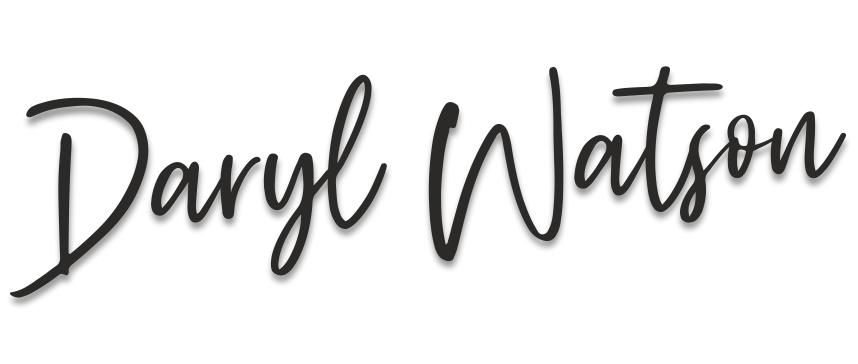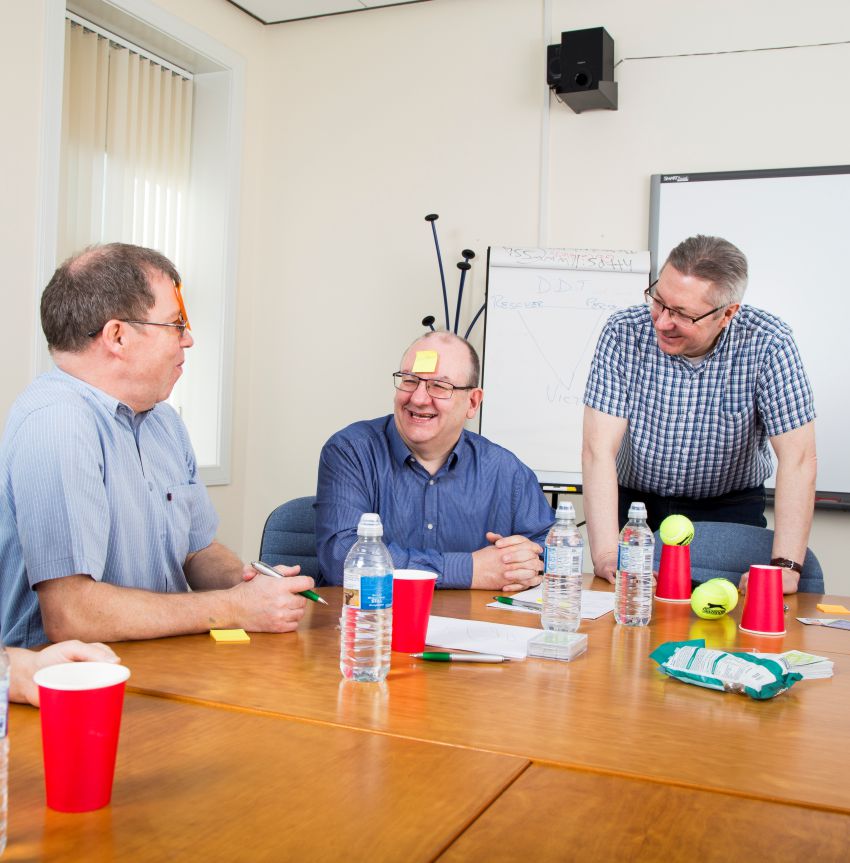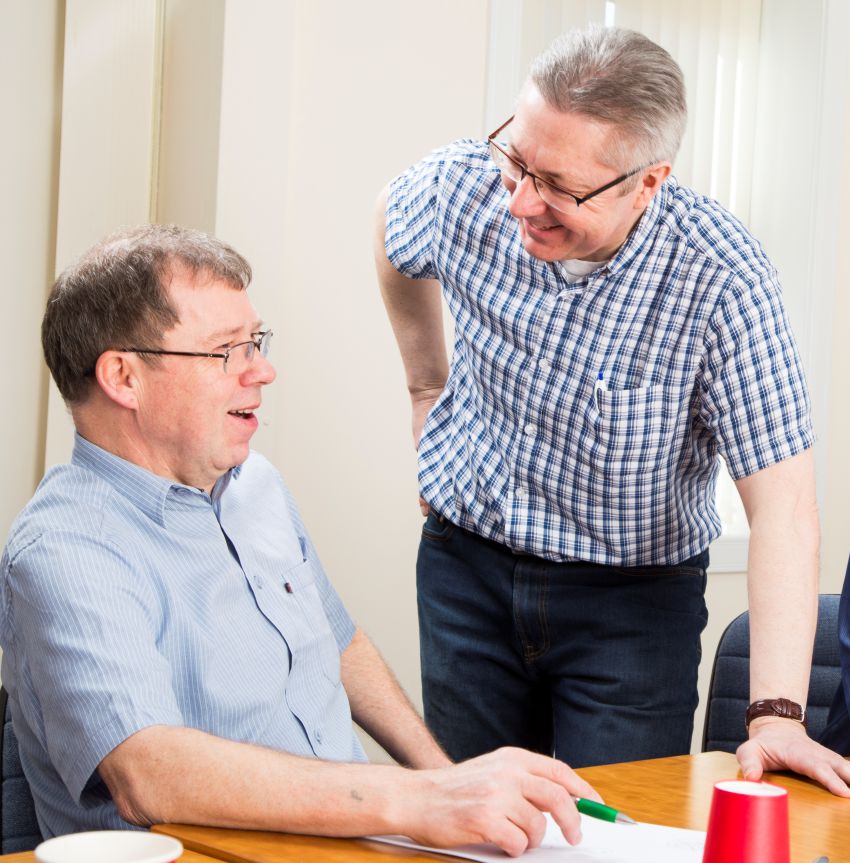A facilitator acts as a guide to help you to move through a specific process.
I love to facilitate! My job is to ensure that each and every participant does their very best thinking in both a supportive and challenging way! I create a safe space where everyone can participate, get involved and share each other’s points of view. Over many years I have facilitated sessions from 1 – 1000 participants! The larger sessions take a particular set of skills and confidence to ensure success.
Training and Facilitation are similar skillsets and the terms are used interchangeably. However, as a trainer, I tend to focus in as an expert on certain topics, whilst as a facilitator I am much more adept at completing a process. For example, as a trainer I may lecture, share specific knowledge or insights on a topic, conduct a demonstration, supervise some skills practice, and I may even correct a learners’ mistakes. As a meeting or workshop facilitator I may lead a discussion and help participants learn from their own experiences and share information.
Key skills in facilitation include:
Setting Boundaries: From the outset, establish ground rules, boundaries and objectives with an outline structure for the time allotted with achievable outcomes clearly defined. This helps to keep the due process on track.
Communication: For example, being able to give clear instructions, from the opening ice breaker activity to how long they have to complete an activity.
Observation: From gauging the energy in the room, focus in on body language, who’s talking and who isn’t, checking in on time and on occasion handling difficult situations that do arise!
Questioning: I use a variety of techniques including Open, Closed, Probing, Reflective and Hypothetical questions to check on comprehension, understanding, to challenge and clarify.
Active Listening: Summarising, reflecting, paraphrasing, giving full attention, listening not only to words but meaning and common themes emerging.
Building Rapport: Being able to really connect with any group is key. Maintaining eye contact, sharing thoughts and insights, building trust through empathy and finding common goals, shared interests and values are part and parcel of building rapport.



